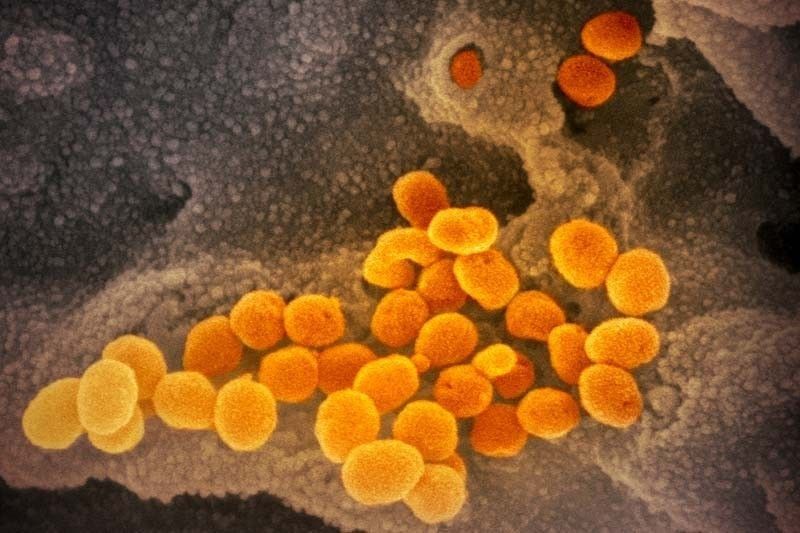DOH confirms detection of COVID-19 mutations in Central Visayas

MANILA, Philippines — Mutations of SARS-CoV-2, the virus that causes COVID-19, whose public health implications are still unknown, have been detected in Central Visayas, the Department of Health said.
In a statement late Thursday, the DOH confirmed the detection of SARS-CoV-2 mutations of “potential clinical significance” in samples that were sent to the Philippine Genome Center for sequencing.
The department stressed that further investigation is needed to determine the public health implications of the newly-detected mutations.
“Current available data are insufficient to conclude that mutations found in the local samples will have significant public health implications,” it said.
The DOH-Central Visayas announced Thursday afternoon that at least two mutations of SARS-CoV-2 have been detected in Cebu, Cebu Daily News reported.
What is a mutation? What about variant?
Viruses, like the SARS-CoV-2, mutate all the time. As a consequence, the emergence of new variants is expected.
Mutation refers to the actual change in the virus genetic sequence and may result in the virus being more transmissible, increase in disease severity or influence efficacy of diagnostics or vaccines, the World Health Organization said.
Meanwhile, a changed virus is called a variant of the original virus.
When these variants increase the risk to human health, they are classified as “variants of concern.” Those considered as variants of concern have reported clinical significant such as the increase transmissibility of the B.1.1.7 variant, which was first detected in the United Kingdom.
What is the government doing about it?
The DOH said it recognizes the potential public health implications of these reported mutations in samples from Central Visayas.
The region’s Center for Health Development has “initiated measures to contain the transmission in the region and investigation to characterize the cases and areas of concern.”
The region will also send additional samples for genome sequencing.
“However, we would like to emphasize that our biosurveillance efforts extend beyond this enhanced response in Region 7 and is inclusive of all regions to give us better national and regional pictures of these mutations and variants,” the DOH said.
The agency called on the public to keep infection rates low to reduce the chances of viral mutations by following minimum public health standards. — Gaea Katreena Cabico
- Latest
- Trending






























